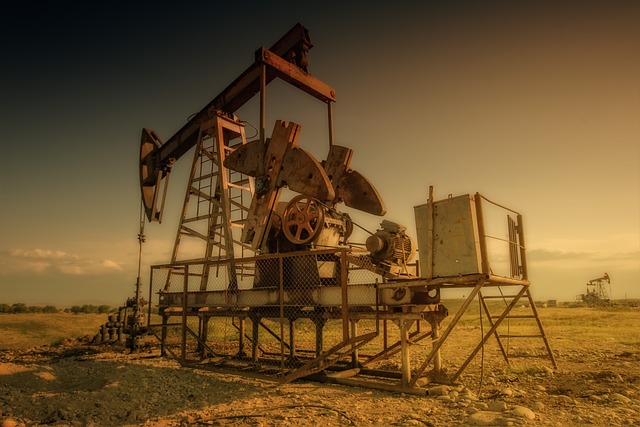Oil and its OPEC development

The Organisation of Petroleum Exporting Countries (OPEC) is an organisation that enables the leading oil-producing countries to work together to collectively influence the global oil market and maximise profits. The Organisation was founded on 14 September 1960 in Baghdad. At its inception were the first five members, namely ( Iran , Iraq , Kuwait , Saudi Arabia and Venezuela ). Currently OPEC has 13 member countries accounting for an estimated 30 percent of global oil production and 80 percent of the world’s proven oil reserves . The formation of OPEC marked a turn towards national sovereignty over natural resources . OPEC’s decision began to play a significant role in the global oil market and international relations . Economists have characterized OPEC as a textbook example of a cartel (a group whose members cooperate to limit competition ) but whose consultations may be protected by the doctrine of state immunity under international law . Current OPEC members are Algeria, Angola, Equatorial Guinea, Gabon, Iran, Iraq, Kuwait, Libya, Nigeria, Republic of Congo, Saudi Arabia, United Arab Emirates, and Venezuela . Meanwhile, Ecuador, Indonesia and Qatar are former OPEC members. A larger group called OPEC+ , consisting of OPEC members and other oil-producing countries, was formed in late 2016 to exert greater control over the global oil market.
Currently
U.S. oil rises due to supply constraints, focus shifts to holiday demand.
U.S. crude oil gained about 3% on Wednesday, July 5, 2023, narrowing the price gap with the global benchmark